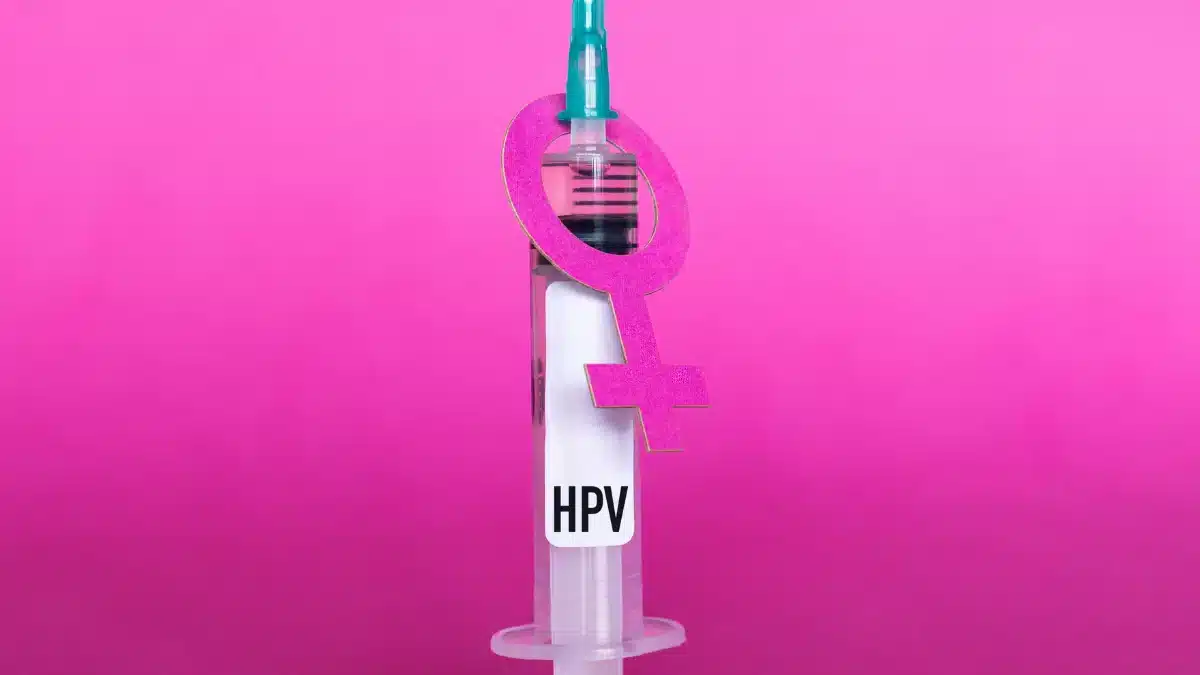Decoding the Mystery: Can HPV Cause Infertility
Human Papillomavirus (HPV) is a prevalent Sexually Transmitted Infection (STI) that has affected millions of people globally.
As per the Department of Health, over 90% of men and 80% of women engaged in sexual activity will experience an HPV infection at some point in their lives.
While HPV primarily affects the genital and mucous membrane areas, its influence on fertility can differ between men and women.
To know more about HPV and whether can HPV cause infertility, read this insightful article.
HPV and female fertility issues
Research suggests that HPV may have an impact on female fertility, although the evidence is not conclusive.
In women, HPV primarily targets the cervix, increasing the risk of Cervical Dysplasia and Cancer.
The impact of HPV on fertility is often indirect and linked to the consequences of cervical issues.
A qualitative study found that HPV-positive women were six times less likely to become pregnant after Intrauterine Insemination (IUI).
Another study revealed that HPV-positive women may have a lower number of eggs retrieved during In Vitro Fertilization (IVF) treatment.
HPV and male fertility issues
HPV is often linked to cervical cancer concerning fertility, but it may also impact the male reproductive system, particularly semen.
Some studies have suggested that HPV infections in men may have a significant impact on sperm quality, including reduced motility and concentration.
Additionally, HPV infections in men with infertility problems are associated with abnormal sperm quality parameters.
HPV vaccine and infertility

The HPV vaccine has been the subject of research regarding its potential impact on fertility.
However, current evidence does not support a causal relationship between the HPV vaccine and infertility in men and women.
Several studies and reviews have found no association between HPV vaccination and increased infertility.
For instance, a study of U.S. females aged 18-33 found no evidence of increased infertility among those who received the HPV vaccine.
Having HPV doesn’t necessarily impact a woman’s fertility. Although certain HPV strains may raise cervical cancer risk.
Prevention for HPV

To prevent HPV transmission and reduce the risk of associated health problems, you can follow these preventive measures:
- Get vaccinated: The HPV vaccine is safe and effective, and it can protect against most cases of cervical, vaginal, vulvar, and anal cancers caused by HPV
- Use condoms: Consistent condom use can protect women from HPV infection, it is essential to use a condom correctly
- Avoid direct contact: Refrain from skin-to-skin contact during sexual activities, as HPV can be transmitted through skin-to-skin contact
- Get tested: Regular cervical cancer screening, such as Pap tests and HPV tests, can help find abnormal cell changes early and prevent cervical cancer
- Be in a mutually monogamous relationship: Engaging in a mutually monogamous sexual relationship, where both partners exclusively have sex with each other, reduces the risk of HPV transmission.
- Reduce the number of sexual partners: Having fewer sexual partners can decrease the risk of HPV transmission
It is essential to consult a healthcare provider for proper diagnosis and treatment of any HPV-related symptoms or concerns.
Conclusion
Human Papillomavirus (HPV) is a prevalent Sexually Transmitted Infection that can impact both men and women.
While the evidence regarding HPV’s direct influence on fertility is still evolving, it is crucial to stay informed about its potential effects.
In women, HPV may indirectly affect fertility through cervical issues, as seen in studies related to fertility treatments.
For men, ongoing research explores the impact on sperm quality.
Importantly, current research does not establish a causal link between the HPV vaccine and infertility.
Preventive measures, including vaccination, condom use, and regular screenings, play a pivotal role in minimizing HPV transmission risks.
Consultation with healthcare providers for accurate diagnosis and personalized advice is key to addressing any HPV-related concerns.
Frequently Asked Questions
Can HPV make you infertile?
No, HPV does not affect your ability to conceive. While certain HPV strains may heighten the risk of Cervical Cancer, the removal of cancerous or precancerous cells during treatment can potentially influence fertility. It’s essential to address concerns with healthcare professionals.
Can HPV affect the sperm count?
Yes, HPV can affect sperm count in men. Studies have found a correlation between seminal HPV DNA infection and lower total sperm count in infertile men. The prevalence of sperm infection by HPV is reported to be 2-31% in the general male population and 10-35% in men with unexplained infertility.
What are the side effects of the HPV vaccine?
The HPV vaccine is safe and effective; the most common side effects are mild and get better within a day or two. The most common side effects of the HPV vaccine include soreness, swelling, or redness at the injection site, fever, headache, nausea, muscle or joint pain, and dizziness.
Can I get pregnant with HPV?
Having HPV does not necessarily affect a woman’s ability to get pregnant. While some strains of HPV can increase the risk of cervical cancer, removing cancerous or precancerous cells from the cervix can, in turn, affect fertility.
WowRx uses only high-quality sources while writing our articles. Please read our content information policy to know more about how we keep our content reliable and trustworthy.






